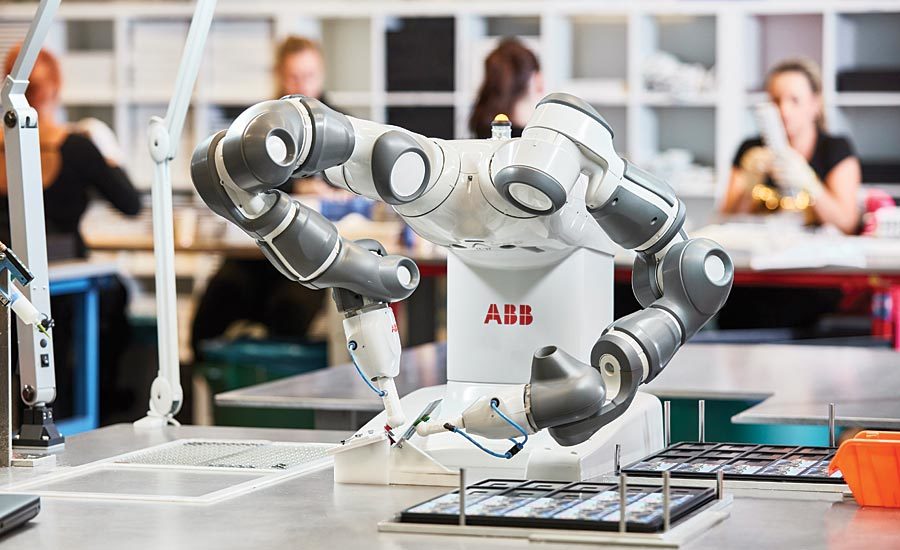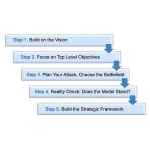The future has arrived. Many of us already employ robots in our homes (to vacuum), or work on a packaging or production line alongside ‘co-workers.’ The cloud, along with ongoing AI breakthroughs and open-source algorithm availability, are combining to create the ideal conditions for a robot revolution. It’s also closer than you might believe.
Robotic technologies, which have the potential to revolutionise entire industries, are already being heavily invested in by forward-thinking companies. Robotic solutions are becoming more accessible to smaller enterprises as a result of globalisation and a lower cost of entry, as the cost barrier gradually breaks down. So, what does the future of robotics hold?
Healthcare
One industry in which robotics is already in use in healthcare. Indeed, pioneering regions like the United Arab Emirates have been integrating this life-changing technology for quite some time. The launch of the first robots to perform catheterization and heart surgery at Al Qasimi Hospital was announced by the Ministry of Health and Prevention in 2014. Robotic devices are being employed to provide improved precision and minimally invasive surgery, rather than replacing healthcare staff.
This has led to more applications in gynaecology and obstetrics, with a clinical success rate of 99.1 per cent. In reality, the field of robots in healthcare has as many applications as it does fields. Advances in robotics technology are expected to enhance healthcare practises in a variety of ways, from less invasive procedures to robotic lifting equipment for immobile patients.
Operational Units
The fourth industrial revolution is well underway, accelerated in part by the global pandemic. A growing number of firms are looking to use big data, artificial intelligence, and the Internet of Things (IoT) in industrial technology to their advantage.
Greater connectivity allows for more efficient manufacturing processes, real-time data insights, and improved safety and operational efficiency through the selective deployment of robots.
In general, when robots automate repetitive jobs, errors are decreased, and humans are free to focus on more valuable work. High-volume production processes can also be carried out properly and quickly thanks to robot automation.
In Dubai, for example, robots are used to manufacture car licence plates. Between the time the RTA receives an order and the time plates are created, no human intervention is necessary. It has a daily capacity of up to 33,000 licence plates.
Forward-thinking companies should get help from meydan free zone and invest in future partners who can help them realise the full potential of robotic technology and its business-transforming capabilities.


















